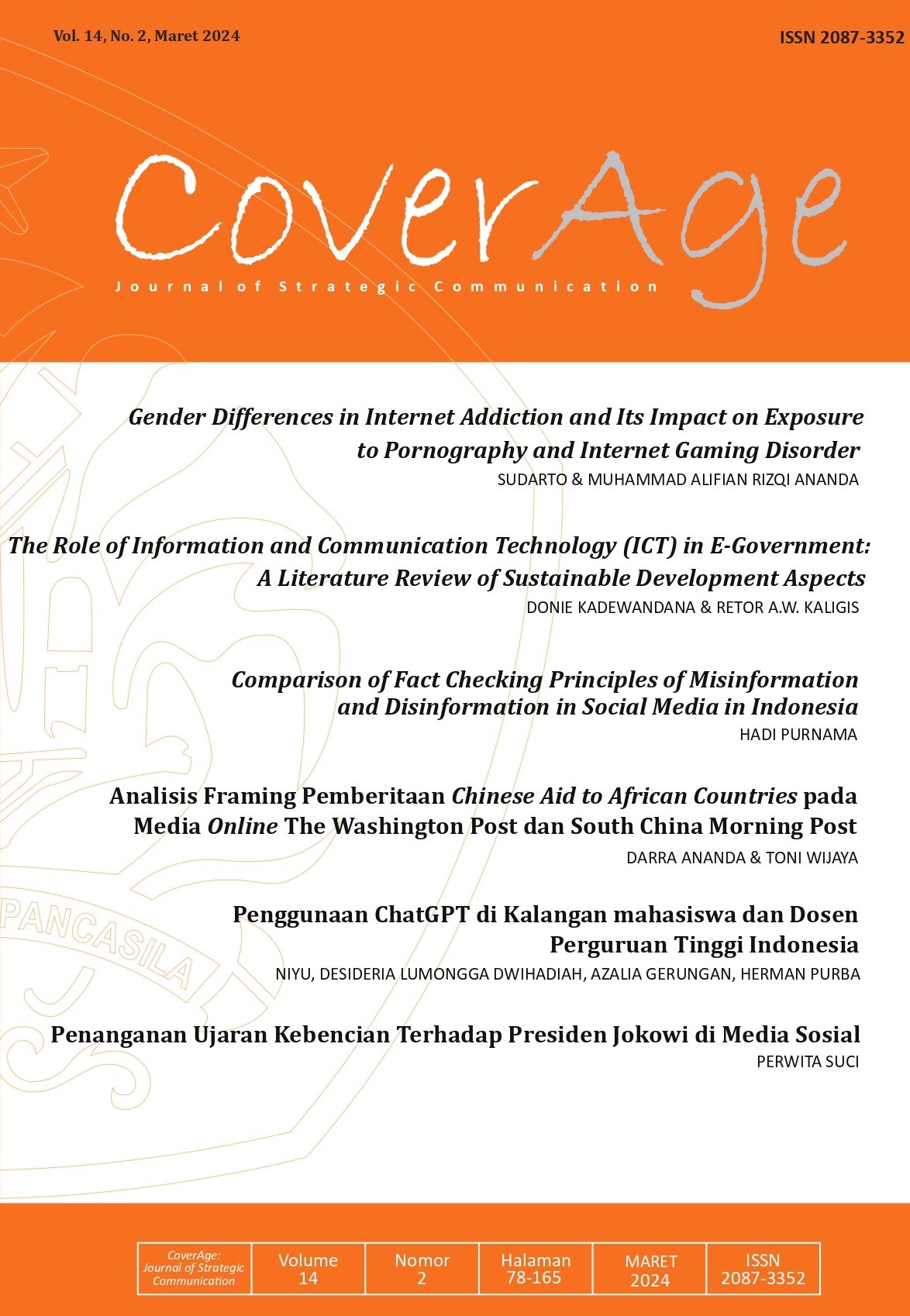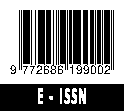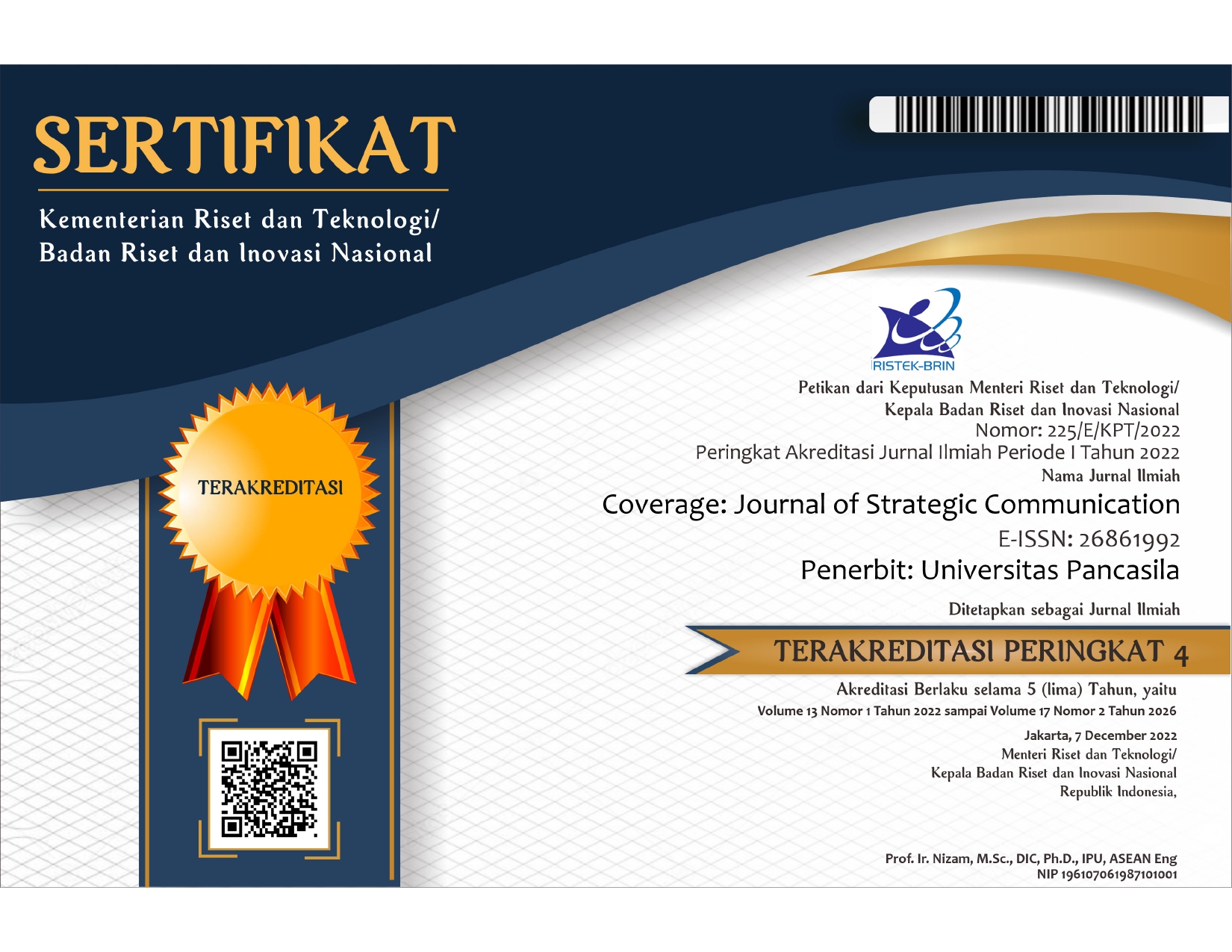Penggunaan ChatGPT di Kalangan Mahasiswa dan Dosen Perguruan Tinggi Indonesia
Abstract views: 3336 | PDF downloads: 5291
Abstract
Keberadaan kecerdasan buatan generatif (Gen-AI) telah membawa perubahan dalam berbagai domain keberadaan manusia. ChatGPT, yang diperkenalkan kepada publik pada November 2022, telah memberikan alternatif dalam lanskap pembelajaran. Perdebatan tentang penggunaan ChatGPT di bidang akademik berlanjut hingga hari ini, sementara penggunaannya dalam pendidikan terus meningkat. Penelitian ini berusaha menjelaskan difusi inovasi dari ChatGPT di kalangan akademisi pendidikan tinggi Indonesia dengan menggunakan pendekatan kuantitatif. Sampel sebanyak 430 responden yang terdiri dari 119 dosen dan 311 mahasiswa disurvei dan tanggapan mereka dianalisis lebih lanjut berdasarkan teori Difusi Inovasi dari Roger. Hasil penelitian menunjukkan bahwa dibandingkan dengan mahasiswa kalangan dosen lebih banyak yang mengetahui dan menggunakan ChatGPT, selain itu kelompok usia yang berbeda tidak berpengaruh secara signifikan terhadap adopsi dari penggunaan ChatGPT di kalangan dosen. Hasil lainnya menunjukkan bahwa kesadaran ChatGPT di kalangan akademisi sangat tinggi dengan mayoritas adalah pengadopsi awal dan mayoritas awal, di mana pengambilan keputusannya adalah keputusan inovasi opsional. Penelitian ini juga menunjukkan bahwa sistem sosial mengenai penggunaan ChatGPT di bidang akademik belum terbentuk dan saat ini sebagian besar pendidik menganggap penggunaan ChatGPT tidak etis. Temuan penelitian ini diharapkan dapat memberikan data yang dijadikan rujukan bagi akademisi dan diharapkan selanjutnya dapat dilakukan penelitian mengenai ChatGPT dan etika penggunaannya dalam pendidikan.
References
Ahmad, N., Murugesan, S., & Kshetri, N. (2023). Generative Artificial Intelligence and the Education Sector. Computer, 56(6), 72-76. https://doi.org/10.1109/MC. 2023.3263576
Assaker, G. (2020). Age and gender differences in online travel reviews and user-generated-content (UGC) adoption: extending the technology acceptance model (TAM) with credibility theory. Journal of Hospitality Marketing & Management, 29(4), 428-449.
Baidoo-Anu, D., & Ansah, L. O. (2023). Education in the Era of Generative Artificial Intelligence (AI): Understanding the Potential Benefits of ChatGPT in Promoting Teaching and Learning. SSRN Electronic Journal. https://doi.org/10.2139/ssrn.4337484
Buschman, G. (2020). I Think, You Think, We All Think Differently: Leadership Skills for Millennials and Gen Z.
Castro, C. A. d. (2023). A Discussion about the Impact of ChatGPT in Education: Benefits and Concerns. Journal of Business Theory and Practice, 11(2), 28. https://doi.org/10.22158/jbtp.v11n2p28
Cooper, G. (2023). Examining Science Education in ChatGPT: An Exploratory Study of Generative Artificial Intelligence. Journal of Science Education and Technology, 32, 444-452. https://doi.org/10.1007/s10956-023-10039-y
Dave, M., & Patel, N. (2023). Artificial intelligence in healthcare and education. British Dental Journal, 234(10), 761–764. https://doi.org/ 10.1038 /s41415-023-5845-2
elasticON AI. (2023). What is a large language model (LLM)? ElasticON AI. https://www.elastic.co/what-is/large-language-models
Frei-Landau, R., Muchnik-Rozanov, Y., & Avidov-Ungar, O. (2022). Using Rogers’ diffusion of innovation theory to conceptualize the mobile-learning adoption process in teacher education in the COVID-19 era. Education and Information Technologies, 27(9), 12811–12838. https://doi.org/10. 1007/s10639-022-11148-8
Granić, A., & Marangunić, N. (2019). Technology acceptance model in educational context: A systematic literature review. British Journal of Educational Technology, 50(5), 2572-2593.
Nah, F. F., Zheng, R., Cai, J., Siau, K., & Chen, L. (2023). Generative AI and ChatGPT: Applications, challenges, and AI-human collaboration. Journal of Information Technology Case and Application Research, 25(3), 277-304. https://doi.org/10.1080/15228053.2023.2233814
Hartmann, J., Zschech, P., Feuerriegel, S., & Janiesch, C. (2023). Generative AI. https://www.researchgate.net/publication/370653602
Ibrahim, H., Liu, F., Asim, R., Battu, B., Benabderrahmane, S., Alhafni, B., Adnan, W., Alhanai, T., AlShebli, B., Baghdadi, R., Bélanger, J. J., Beretta, E., Celik, K., Chaqfeh, M., Daqaq, M. F., Bernoussi, Z. El, Fougnie, D., de Soto, B. G., Gandolfi, A., … Zaki, Y. (2023). Perception, performance, and detectability of conversational artificial intelligence across 32 university courses. https://doi.org/10.1038/ s41598-023-38964-3
Imran, H. A. (2017). Peran sampling dan distribusi data dalam penelitian komunikasi pendekatan kuantitatif. Jurnal Studi Komunikasi dan Media, 21(1), 111-126. https://doi.org/10.31 445/jskm.2017.210109
Jangjarat, K., Kraiwanit, T., Limna, P., & Sonsuphap, R. (2023). Public perceptions towards ChatGPT as the Robo-Assistant. Online Journal of Communication and Media Technologies, 13(3). https://doi.org/10.30935/ojcmt/13366
Lim, W. M., Gunasekara, A., Pallant, J. L., Pallant, J. I., & Pechenkina, E. (2023). Generative AI and the future of education: Ragnarök or reformation? A paradoxical perspective from management educators. International Journal of Management Education, 21(2), 1-13. https://doi.org/10.1016 /j.ijme.2023.100790
Lo, C. K. (2023). What Is the Impact of ChatGPT on Education? A Rapid Review of the Literature. Education Sciences, 13(4), 1-15. https://doi.org/10.3390/ educsci13040410
Lv, Z. (2023). Generative Artificial Intelligence in the Metaverse Era. Cognitive Robotics, 3(2023), 208-217. https://doi.org/10.1016/j.cogr.2023.06.001
Park, E., & Watnick, R. G. (2023, August 28). Most Americans haven’t used ChatGPT; few think it will have a major impact on their job. PEW Research. https://www.pewresearch.org/short-reads/2023/08/28/most-americans-havent-used-chatgpt-few-think-it-will-have-a-major-impact-on-their-job/
PDDikti. (2023). Pangkalan Data Pendidikan tinggi. https://pddikti.kemdikbud. go.id/
Rogers, E. M. (2003). Diffusion of Innovations (B. Wallace, Ed.; 5th ed.). A division of Simon & Schuster, Inc.
Saunders, M., Lewis, P., & Thornhill, A. (2016). Research methods for business students (8th ed.). London: Pearson Education.
Sedgwick, P. (2013). Stratified cluster sampling. BMJ, 347. https://doi.org/10.1136 /bmj.f7016
Setiawan, Y. L., Puryanto., & Nasir, J. (2021). The utilization of digital communication media genre radio in successful BKKBN Programs. Mediator: Jurnal Komunikasi, 14(2), 168-182. https:// doi.org/10.29313/mediator.v14i2
Supriyadi, E. I., & Asih, D. B. (2020). Implementasi artificial intelligence (AI) di bidang administrasi publik pada era revolusi industri 4.0. Jurnal Rasi, 2(2), 12-22. https://doi.org/10.52496/ rasi.v2i2.62
Thormundsson, B. (2023, April 25). ChatGPT - statistics & facts. Statista. https://www.statista.com/topics/10446/chatgpt/#topicOverview
Lee, V. R., Brown, B., Levine, S., Antonia, A., Lemons, C. J. (2022, December 20). Stanford faculty weigh in on ChatGPT’s shake-up in education. https://Ed.Stanford.Edu/News/Stanford-Faculty-Weigh-New-Ai-Chatbot-s-Shake-Learning-and-Teaching.
Wahyu Meganingrum, R., Syari Harahap, H., Harahap, A. S., Ilmu Komunikasi, F., & Bhayangkara Jakarta Raya, U. (2023). Pengaruh Pemanfaatan Google Assistant dalam Memenuhi Kebutuhan Sumber Informasi. Coverage, 13(2). https://journal.univpancasila.ac.id/index.php/coverage/article/view/3396
Yang, M., Mamun, A. A., Mohiuddin, M., Nawi, N. C., & Zainol, N. R. (2021). Cashless transactions: A study on intention and adoption of e-wallets. Economic and Business Aspects of Sustainability, 13(2), 831. https://doi.org/10.3390/ su13020831
Yunus, M. (2018). Testing of Stratified Cluster Sampling Technique to Produce Unbiased Estimator for Parameter of Population. El-Ghiroh. 15(2), 17-26. doi:10.37092/el-ghiroh.v15i2.63.
Zakaria, F., Mulyana, D., Rachmawati, T. S., Lies, U., Khadijah, S., Gemiharto, I., & Hafiar, H. (2022). Perubahan Pola Komunikasi dalam Proses Pembelajaran di Pondok Pesantren pada Masa Pandemi Covid-19. CoverAge, 12(2), 72-84. https://journal. univpancasila.ac.id/index.php/coverage/article/view/2349
Zikmund, W., & QuinlanC, C. (2015). Business research methods. Cengage Learning.



















